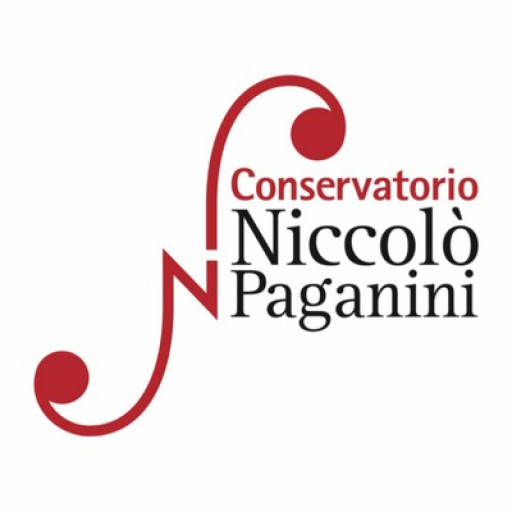Photos of university / #ucl
The combined specialisation in language development provides a thorough multidisciplinary introduction to modern knowledge and current research in the inter-related aspects of human spoken communication. It prepares students from different backgrounds for work in the rapidly developing fields of language development research, and their technological applications.
Students take a core set of modules building a foundation to study current issues and research in the language sciences, specialising in language development. In selecting the modules for their specialisation, students will be able to take full advantage of the breadth of expertise in language research in the UCL Division of Psychology & Language Sciences.
Students undertake modules to the value of 180 credits.
The programme consists of two mandatory modules (45 credits), three specialisation modules (45 credits), two optional modules (30 credits) and a research project (60 credits).
Mandatory modules
- Introduction to the Brain and Imaging the Brain
- Research Methods: Principles, Skills and Applications
- Students select three specialisation modules from those below:
- Developmental Language Disorders and Cognitive Neuroscience
- Developmental Disorders of Language, Learning and Cognition
- Development of Speech Perception and Production
- Language Acquisition
- Introduction to Children's Language Development
- Semantic and Pragmatic Development
Optional modules
Students select two modules from all those offered within UCL Psychology and Language Sciences, subject to availability and agreement with the Programme Director. A list of possible options is listed below:
- Neuroscience of Language
- Deafness - Cognition and language
- Speech Processing
- Conversation Analysis
- Second Language Speech Learning
- Phonetic Theory
- Phonetic Theory
- Foundations of Linguistics
- Issues in Pragmatics
- Current Issues in Syntax
- Stuttering
Not all modules will run every year, some modules may require a minimum number of registered students.
Normally a minimum of an upper second-class Bachelor's degree from a UK university or an overseas qualification of an equivalent standard in a language-related area such as linguistics, speech sciences, English language, psychology, cognitive science, or a cognate discipline.
Up to four departmental scholarships are available. All candidates holding an offer of admission by 1 June (for year of entry) will be considered based on academic merit. There is no need to make a separate application for these opportunities.








